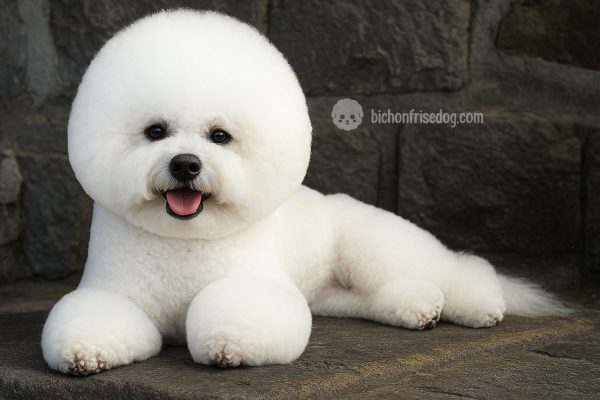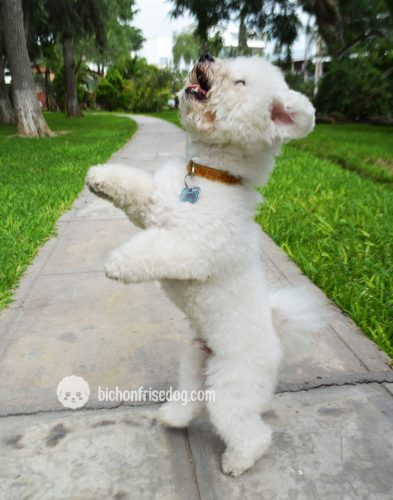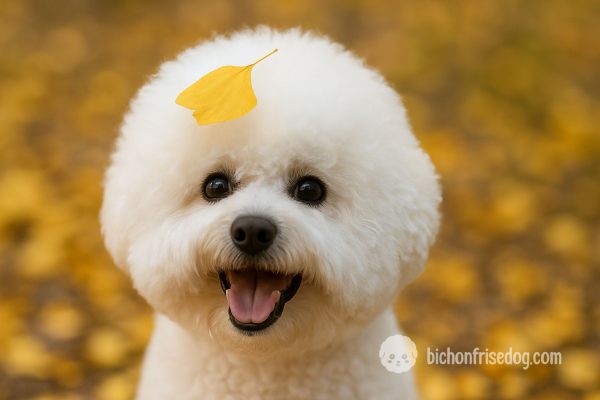Over the years, I have come across many unique and delightful characteristics of the Bichon Frise breed—my two dogs being the perfect examples of just how special these little companions can be. With their joyful personalities, intelligent eyes, and playful nature, Bichons never fail to brighten up any room they walk into. But beyond their fluffy charm lies a rich history and a set of quirky traits that make them truly stand out among small dog breeds.
From royal courts and circus stages to snuggling on your lap, the Bichon Frise has lived a colorful life. Whether you’re a proud Bichon parent or just curious about this cheerful breed, here are some fun facts that will make you love them even more.

👑 1. A royal favorite
Originating in the Mediterranean, the Bichon Frise found its way into the hearts of European nobility by the 13th century. French King Henry III was so enamored with the breed that he carried his Bichon in a basket around his neck, setting a trend among the aristocracy.
🎪 2. From palaces to performances
After political upheavals like the French Revolution, many Bichons ended up performing in streets and circuses. Their natural charm and intelligence made them perfect for tricks, dances, and acrobatics—skills that some still love showing off today!
🎨 3. Muse for masters
The Bichon Frise has been immortalized in art by renowned painters such as Francisco de Goya and Jean-Honoré Fragonard, highlighting its status as a cherished companion throughout history.
🧠 4. Quick learners
Known for their sharp minds, Bichons excel in learning tricks like spinning, standing on hind legs, and even “singing” on command. Their eagerness to please makes training a delightful experience.
🐶 5. Their name comes from “Bichonner”
The French word “bichonner” means “to pamper or groom,” which is very fitting because that’s exactly what Bichons love (and need)! This breed thrives with regular grooming, brushing, and a bit of extra attention. Basically, they were born to be spoiled.
🎵 6. Vocal Talents
Some Bichons have a unique ability to “sing” or howl melodiously, especially when encouraged by their owners. This endearing trait adds to their charm and entertainment value.

🛋️ 7. Ultimate Companions
Bichons thrive on companionship. They often seek closeness, resting their heads on laps or nudging hands for affection, embodying the true essence of a lapdog.
🧬 8. Hypoallergenic coats
Their curly, non-shedding coats produce less dander, making Bichons a suitable choice for allergy sufferers. Regular grooming is essential to maintain their coat’s health and appearance.
🐕 9. Social butterflies
Bichons are known for their friendly demeanor, getting along well with children, other dogs, and even strangers. Their sociable nature makes them excellent family pets.
🏃 10. Energetic and playful
Despite their small size, Bichons are lively and enjoy regular playtime and walks. Their zest for life keeps their families entertained and active.

🧳 11. Travel companions
Historically, Bichons traveled with sailors, serving as companions and even helping control rodent populations on ships. Their adaptability and charm made them favorites among seafarers.
👓 12. Therapy dogs
Because of their gentle temperament, affectionate nature, and ability to bond closely with people, Bichon Frises often work as therapy or emotional support animals in hospitals, nursing homes, and schools. They bring comfort with just a tail wag and a cuddle.
😄 Bonus fact: Bichons are known for their “smile”
One of the most charming and unique traits of the Bichon Frise is their ability to appear as if they’re smiling. Thanks to the shape of their mouth, the dark pigmentation of their lips, and their expressive eyes, many Bichons naturally form a facial expression that looks like a happy grin. This adorable “smile” is part of what makes them so photogenic and emotionally expressive—earning them the nickname “the dog that always looks happy.”
This friendly expression, combined with their joyful personality, is one of the reasons they’re so effective as therapy and emotional support dogs.

